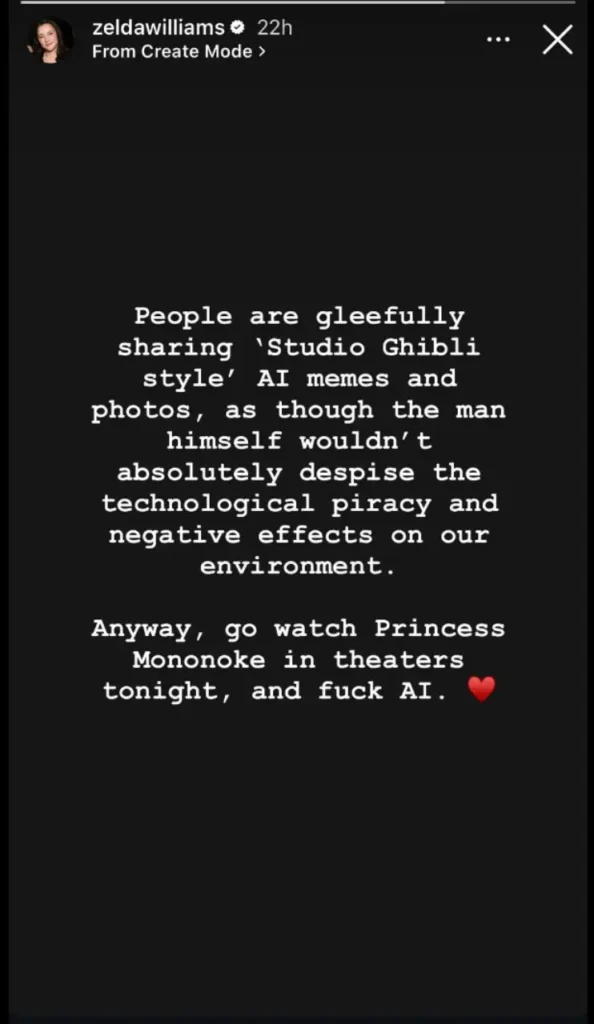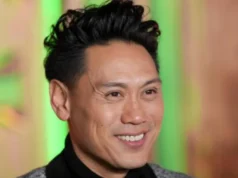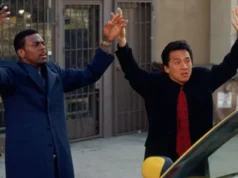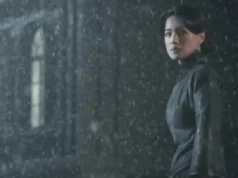The filmmaker and actor pushes back against AI-generated videos of Robin Williams, calling the trend disrespectful to artists and their families.

When the internet trades nostalgia for novelty, the line between tribute and exploitation can get dangerously thin. Zelda Williams — actress, director and the daughter of the late comedian and actor Robin Williams — publicly pushed back this week against a growing trend: AI-generated videos that graft her father’s face, voice or mannerisms onto new, fabricated content.
In a blunt message to followers, Zelda asked people to stop sending her clips that attempt to resurrect her dad through artificial intelligence. She described the videos as emotionally harmful and artistically hollow, arguing that clumsy digital imitations do a disservice to the memory of a beloved performer and to the people who loved him in real life.
Rather than praise, Zelda’s reaction reads like a plea for basic decency: if a creation lacks consent, heart and nuance, maybe it shouldn’t exist.
Zelda isn’t speaking only as a bereaved daughter. She’s also an artist in her own right — the director of the 2024 feature Lisa Frankenstein — and has been vocal about the industry implications of generative AI.
Her recent post follows earlier warnings she made during moments when Hollywood was debating the technology’s boundaries, including the studios’ and unions’ back-and-forth about rights, likeness and creative ownership.
There’s a complicated debate under Zelda’s emotional but clear message. On one hand, AI tools have unlocked new creative possibilities: visual effects, restoration projects and experimental storytelling that can be striking when used thoughtfully.
On the other hand, cloning someone’s voice or face — especially a public figure who’s died — raises sharp ethical questions. Who gets to authorize those uses? Who benefits? And how should we balance innovation against the dignity of real people and their surviving family?

As a writer who covers culture and entertainment, I find Zelda’s stance persuasive for one simple reason: consent matters. Robin Williams’ work stands on its own — messy, surprising, wildly humane — and his performances reflect a particular person’s life, struggles and gifts.
Reproducing those performances with algorithms risks turning a deeply human craft into a novelty item, stripped of context and meaning. There’s a real risk of flattening a rich legacy into viral content meant for a quick like or a share.
Beyond the moral argument, there’s an artistic one. Many of the AI-created clips circulating online are technically impressive but creatively thin. They reproduce surface-level traits — a laugh, a cadence, a facial tic — without capturing emotional truth. The end product can feel less like homage and more like a portrait painted by numbers.
Zelda’s frustration with what she’s called “over-processed” recreations is a critique of quality as much as ethics: when technology masquerades as art without the depth of intentional craft, the result is often hollow.
That doesn’t mean technology has no place in remembering or celebrating artists. Thoughtful restoration work, projects that clearly disclose their use of AI, and collaborations with estates or families can honor both the person and the audience.
The problem is when companies, hobbyists or platforms create synthetic content that exploits a name or likeness without permission — and then normalize it.
If the recent surge in AI-generated celebrity content has taught us anything, it’s that policy and public norms need to catch up with capability. Platforms should take clearer positions on likeness and consent. Creators should ask whether their work serves the memory of the person they’re depicting or merely capitalizes on it.
And as viewers, we should think twice before sharing a clip that might be hurtful to the people who loved someone best.
Zelda Williams’ message is a reminder that some things are worth leaving alone — not out of fear of change, but out of respect for the human stories that technology can never fully replicate.
What do you think: should AI be allowed to recreate public figures? Drop your thoughts below and share this piece if you believe families deserve a say.











